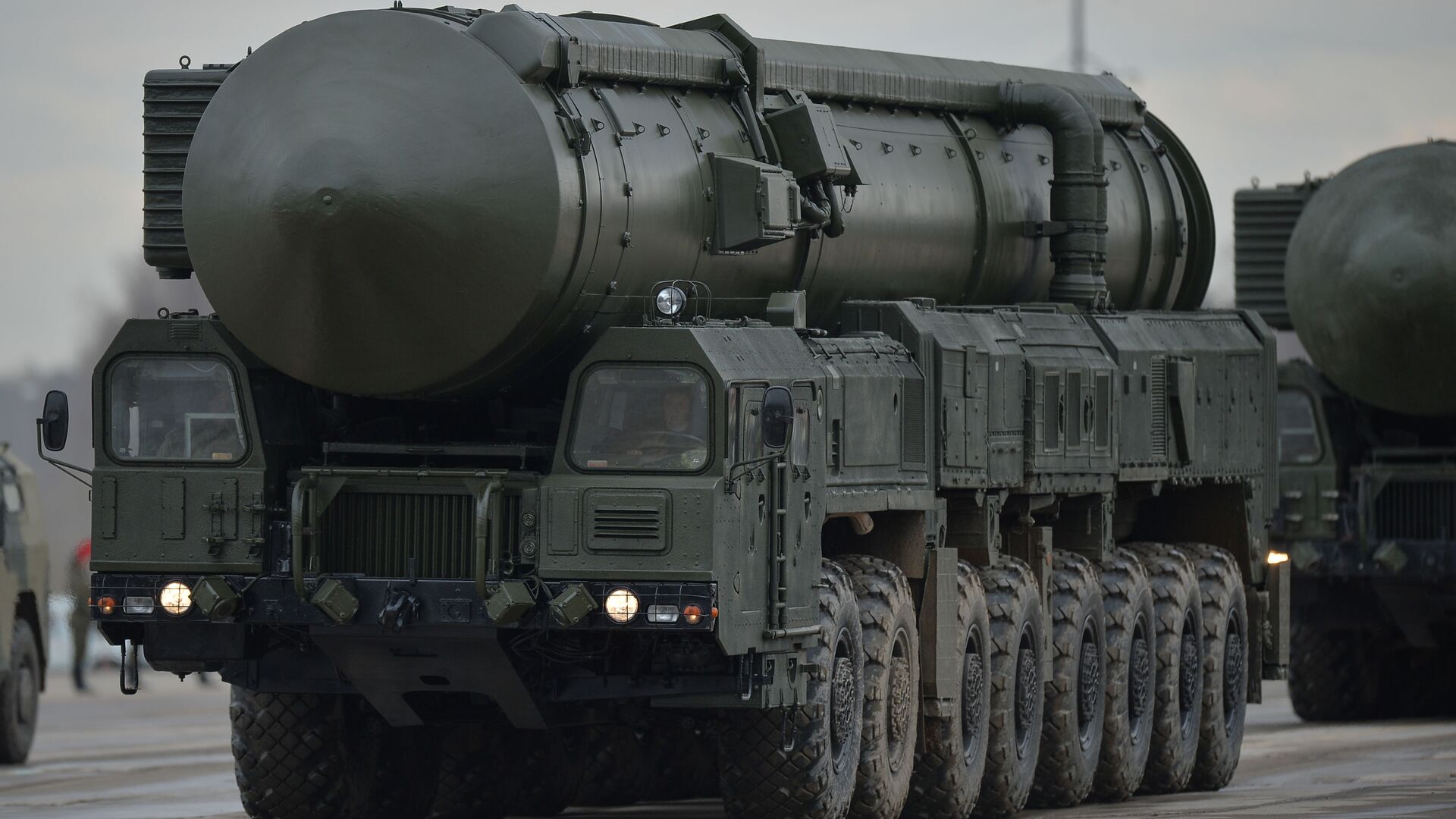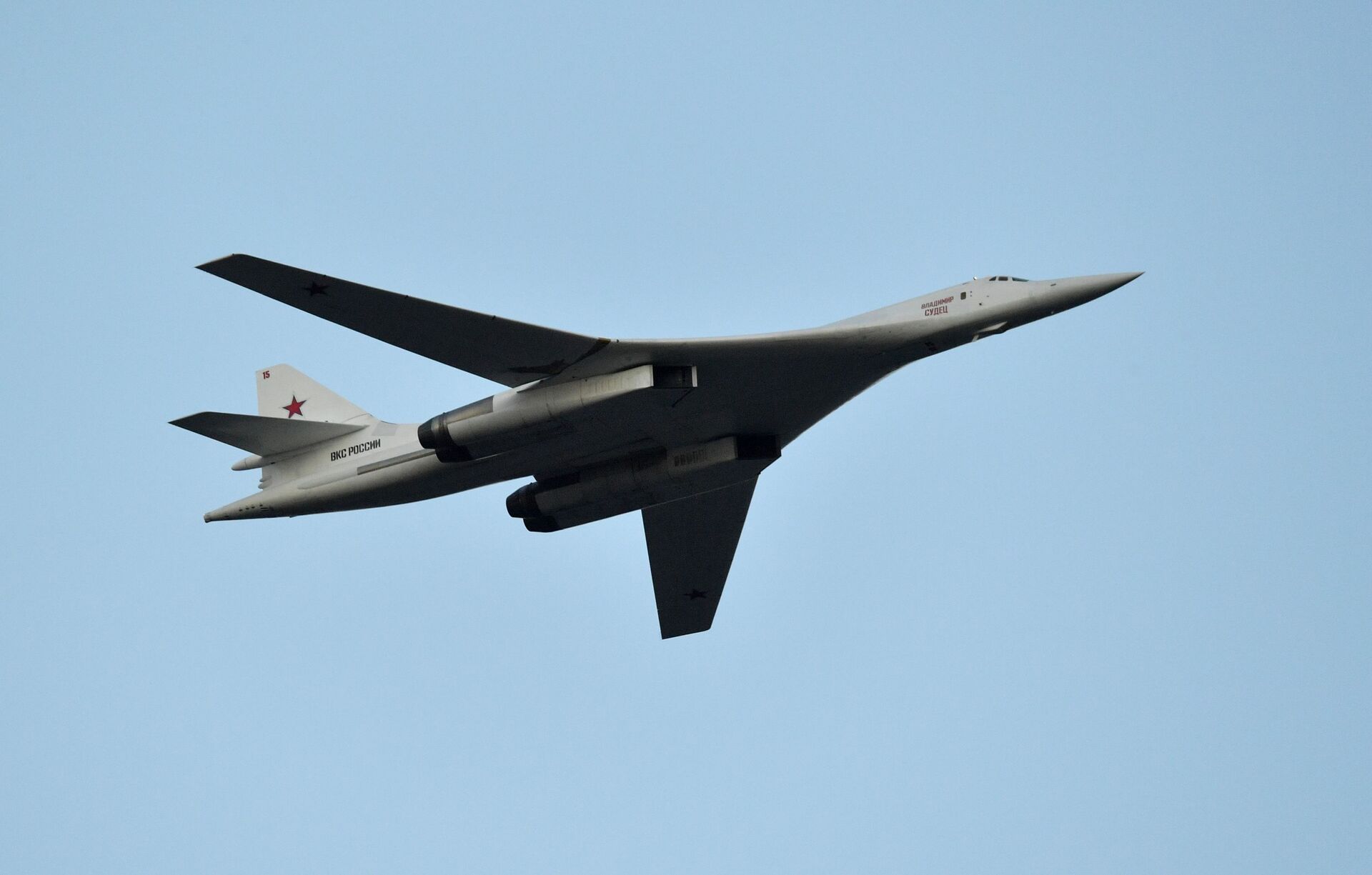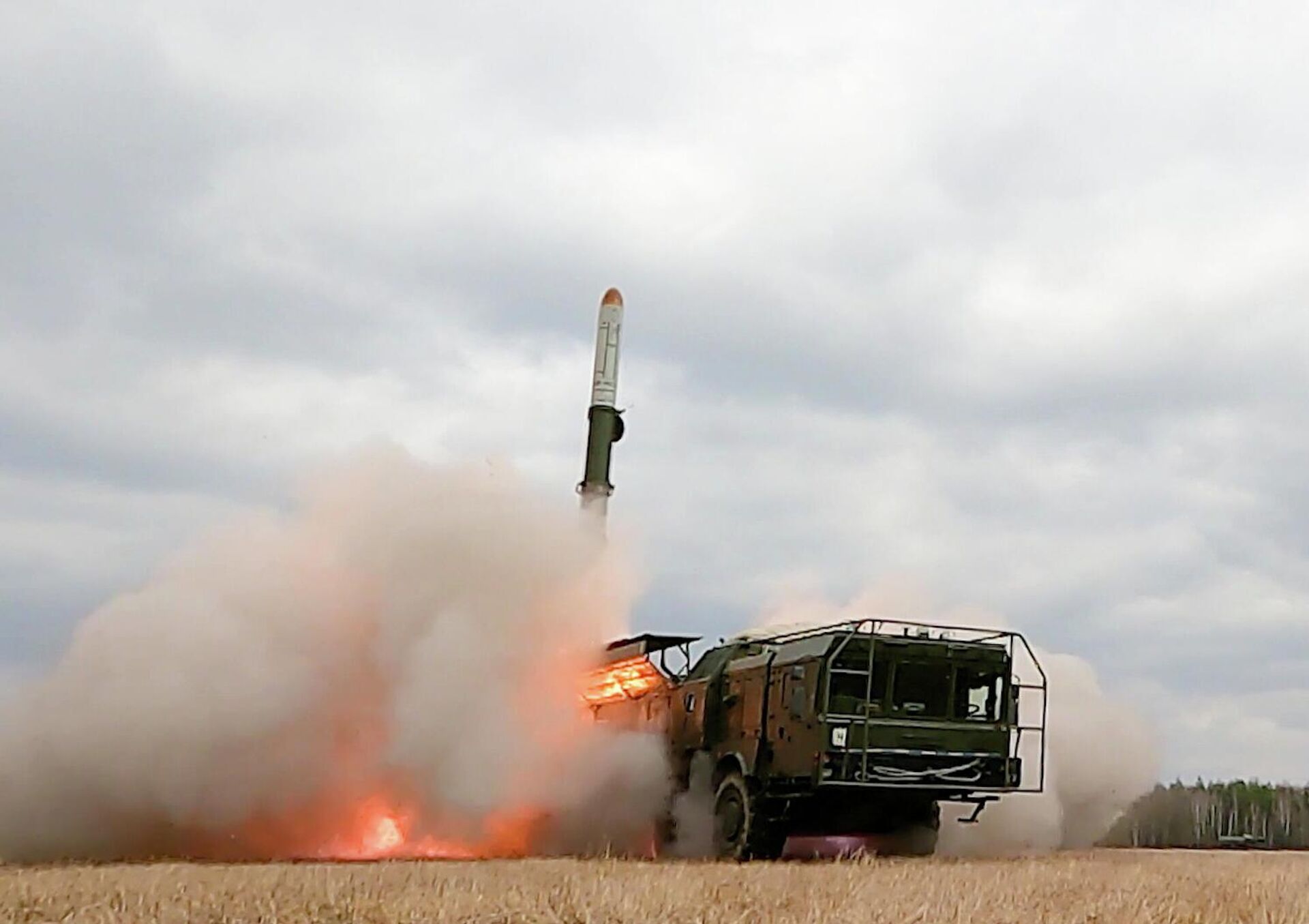https://sputnikglobe.com/20221108/how-many-nuclear-weapons-does-russia-have-as-of-2022--1103892282.html
How Many Nuclear Weapons Does Russia Have As of 2022?
How Many Nuclear Weapons Does Russia Have As of 2022?
Sputnik International
As for the country’s nuclear weapons, Russia currently possesses a total of 5,977 nuclear warheads, with deployed ones standing at 1,426
2022-11-08T13:04+0000
2022-11-08T13:04+0000
2022-12-07T10:18+0000
russia
russia
us
vladimir putin
special operation
nuclear weapons
nuclear submarines
weapons
https://cdn1.img.sputnikglobe.com/img/104046/73/1040467378_0:78:3365:1971_1920x0_80_0_0_7774a6d049622c7f644f90a1aeba01cd.jpg
Russian Military Doctrine stipulates that Moscow will only use its nuclear weapons in response to another state’s aggression with the use of weapons of mass destruction, or when the very existence of Russia is threatened.As for the country’s nuclear weapons, Russia currently possesses a total of 5,977 nuclear warheads, while only 1,426 are deployed.The country’s 513 deployed delivery vehicles, in turn, include an array of state-of-the-art military hardware, such as intercontinental ballistic missiles (ICBMs), strategic bombers, nuclear-powered submarines and hypersonic glide vehicles.If an enemy dares to use weapons of mass destruction against Russia, its delivery vehicles, including Sarmat, Yars and Topol ICBMs will swiftly be directed at the aggressor by the Russian Armed Forces to launch a retaliation strike, in line with the country’s military doctrine.There are also upgraded Tu-160 and Tu-95 long-rage bombers, Borei-class submarines fitted with Bulava nuclear missiles and the Avangard and Kinzhal hypersonic glide vehicles, that Russian servicemen may use to repulse potential aggression with a tit-for-tat nuclear strike.In this vein, it’s worth mentioning the so-called tactical nuclear weapons, which unlike strategic ones, cannot destroy entire cities and which are designed for firing pinpoint strikes on enemy positions.As far as the main goal of tactical nuclear weapons, they should combine maximum combat effectiveness with smaller ammunition.Tactical nuclear weapons-related delivery vehicles include artillery shells and installations, as well as ground and ship missile systems, anti-missile systems, naval mines and torpedoes.Speaking of such weaponry, it’s necessary to note that while the Iskander-M mobile short-range ballistic missile system can carry tactical nuclear warheads with a range of 500 kilometers (310 miles), the sophisticated Kalibr missiles’ range stands at a whopping 4,500 kilometers (2,700 miles).Each such missile is capable of carrying a portion of a nuclear charge equivalent to 50 kilotons of TNT. Just for comparison, during the 1945 US bombing of Hiroshima, a 13 kiloton aerial bomb was used.Tactical nuclear weapons-related delivery vehicles also comprise the modernized versions of the Tu-22M3 bombers as well as the Su-24M and Su-34 fighter jets.Russia refrains from revealing its number of tactical nuclear warheads, while the Pentagon argues that the figure amounts to an estimated 2,000.With Moscow’s special military operation in Ukraine underway, the UK has repeatedly accused Russia of nurturing plans to use tactical nuclear weapons against its immediate neighbor.Russian Deputy Foreign Minister Sergey Ryabkov told Sputnik in this regard that Washington’s allegations hold no water and that the West is ramping up its nuclear rhetoric to try to make the international community believe that Moscow is preparing to launch a tactical nuclear strike on Ukraine.Russian President Vladimir Putin, for his part, underscored, that the Kremlin had never said anything "proactively" when it comes to its use of nuclear weapons. He emphasized that speculations about Moscow's alleged nuclear threats were used by the West to influence countries that have a more friendly attitude toward Russia.
https://sputnikglobe.com/20221001/us-sees-no-indication-of-russias-intent-to-use-nuclear-weapons-in-ukraine-pentagon-1101422276.html
https://sputnikglobe.com/20221103/west-using-nuclear-weapons-provocation-to-drum-up-anti-russia-coalition---security-council-head-1103610324.html
russia
Sputnik International
feedback@sputniknews.com
+74956456601
MIA „Rossiya Segodnya“
2022
Oleg Burunov
https://cdn1.img.sputnikglobe.com/img/07e4/09/0b/1080424846_0:0:2048:2048_100x100_80_0_0_3d7b461f8a98586fa3fe739930816aea.jpg
Oleg Burunov
https://cdn1.img.sputnikglobe.com/img/07e4/09/0b/1080424846_0:0:2048:2048_100x100_80_0_0_3d7b461f8a98586fa3fe739930816aea.jpg
News
en_EN
Sputnik International
feedback@sputniknews.com
+74956456601
MIA „Rossiya Segodnya“
Sputnik International
feedback@sputniknews.com
+74956456601
MIA „Rossiya Segodnya“
Oleg Burunov
https://cdn1.img.sputnikglobe.com/img/07e4/09/0b/1080424846_0:0:2048:2048_100x100_80_0_0_3d7b461f8a98586fa3fe739930816aea.jpg
how many nuclear weapons does russia have, how many nuclear weapons does russia have 2022, west’s bellicose nuclear rhetoric, russian military doctrine, russia's nuclear weapons, russia's deployed delivery vehicles, moscow's tactical nuclear weapons, russia's special military operation in ukraine
how many nuclear weapons does russia have, how many nuclear weapons does russia have 2022, west’s bellicose nuclear rhetoric, russian military doctrine, russia's nuclear weapons, russia's deployed delivery vehicles, moscow's tactical nuclear weapons, russia's special military operation in ukraine
How Many Nuclear Weapons Does Russia Have As of 2022?
13:04 GMT 08.11.2022 (Updated: 10:18 GMT 07.12.2022) Last month, the Russian Foreign Ministry responded to the West’s bellicose rhetoric related to weapons of mass destruction by emphasizing that Moscow does not threaten anyone with nuclear weapons. Here’s an insight into Russia’s current nuclear arsenal.
Russian Military Doctrine stipulates that Moscow will only use its
nuclear weapons in response to another state’s aggression with
the use of weapons of mass destruction, or when the very existence of Russia is threatened.
As for the country’s nuclear weapons, Russia currently possesses a total of 5,977 nuclear warheads, while only 1,426 are deployed.
The country’s
513 deployed delivery vehicles, in turn, include an array of state-of-the-art military hardware, such as
intercontinental ballistic missiles (ICBMs), strategic bombers, nuclear-powered submarines and hypersonic glide vehicles.
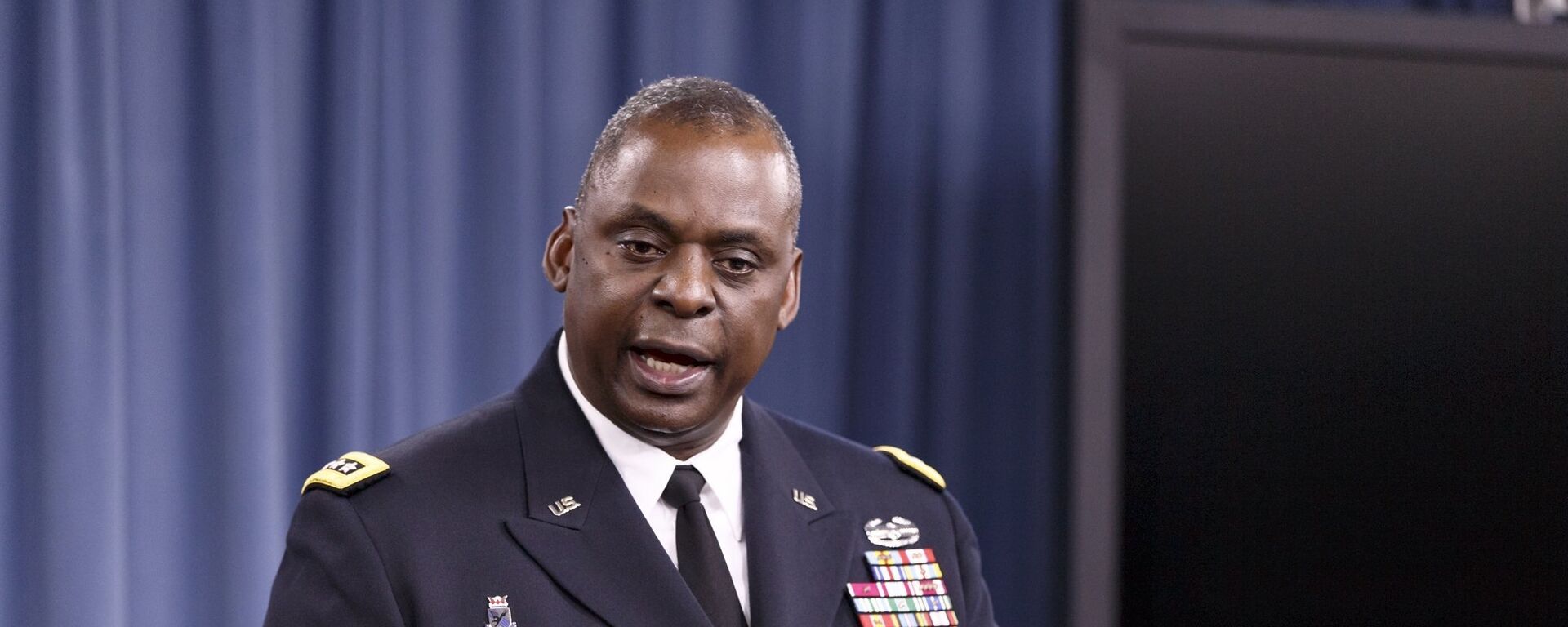
1 October 2022, 15:02 GMT
If an enemy dares to use weapons of mass destruction against Russia, its delivery vehicles, including Sarmat, Yars and Topol ICBMs will swiftly be directed at the aggressor by the Russian Armed Forces to launch a retaliation strike, in line with the country’s military doctrine.
There are also upgraded Tu-160 and Tu-95 long-rage bombers, Borei-class submarines fitted with Bulava nuclear missiles and the Avangard and Kinzhal hypersonic glide vehicles, that Russian servicemen may use to repulse potential aggression with a tit-for-tat nuclear strike.
In this vein, it’s worth mentioning the so-called tactical nuclear weapons, which unlike strategic ones, cannot destroy entire cities and which are designed for firing pinpoint strikes on enemy positions.
As far as the main goal of tactical nuclear weapons, they should combine maximum combat effectiveness with smaller ammunition.
Tactical nuclear weapons-related delivery vehicles include artillery shells and installations, as well as ground and ship missile systems, anti-missile systems, naval mines and torpedoes.
Speaking of such weaponry, it’s necessary to note that while the Iskander-M mobile short-range ballistic missile system can carry tactical nuclear warheads with a range of 500 kilometers (310 miles), the sophisticated Kalibr missiles’ range stands at a whopping 4,500 kilometers (2,700 miles).
Each such missile is capable of carrying a portion of a nuclear charge equivalent to 50 kilotons of TNT. Just for comparison, during the 1945 US bombing of Hiroshima, a 13 kiloton aerial bomb was used.
Tactical nuclear weapons-related delivery vehicles also comprise the modernized versions of the Tu-22M3 bombers as well as the Su-24M and Su-34 fighter jets.
Russia refrains from revealing its number of tactical nuclear warheads, while the Pentagon argues that the figure amounts to an estimated 2,000.
With
Moscow’s special military operation in Ukraine underway, the UK has repeatedly accused Russia of nurturing plans to use tactical nuclear weapons against its immediate neighbor.
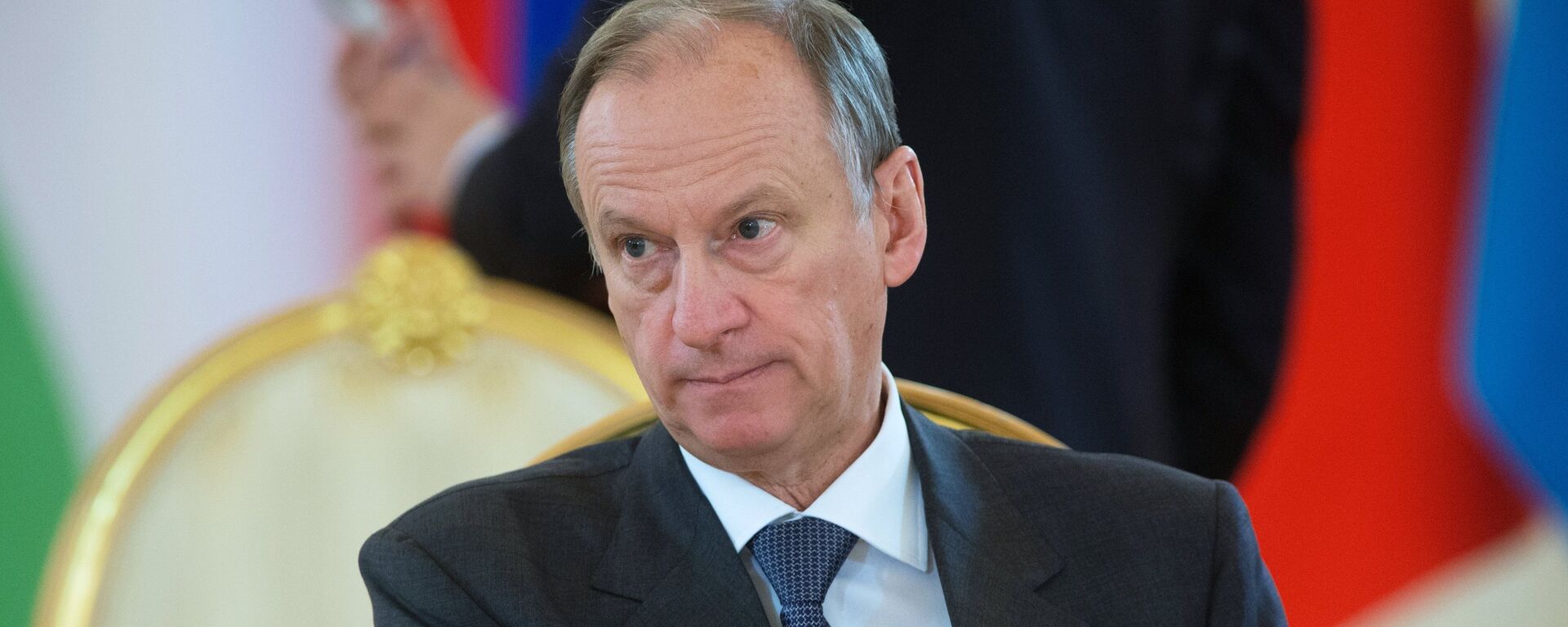
3 November 2022, 13:51 GMT
Russian Deputy Foreign Minister Sergey Ryabkov told Sputnik in this regard that Washington’s allegations hold no water and that the West is ramping up its nuclear rhetoric to try to make the international community believe that Moscow is preparing to launch a tactical nuclear strike on Ukraine.
"Amid the events taking place in Ukraine, the United States and states that depend on it are actively introducing nuclear rhetoric into circulation. They are trying to present it as if our country is preparing to launch strikes using weapons of mass destruction. Once again, we have to explain that Russia does not threaten anyone with the use of nuclear weapons,” Ryabkov pointed out.
Russian President Vladimir Putin, for his part, underscored, that the Kremlin had never said anything "proactively" when it comes to its use of nuclear weapons. He emphasized that speculations about Moscow's alleged nuclear threats were used by the West to influence countries that have a more friendly attitude toward Russia.
